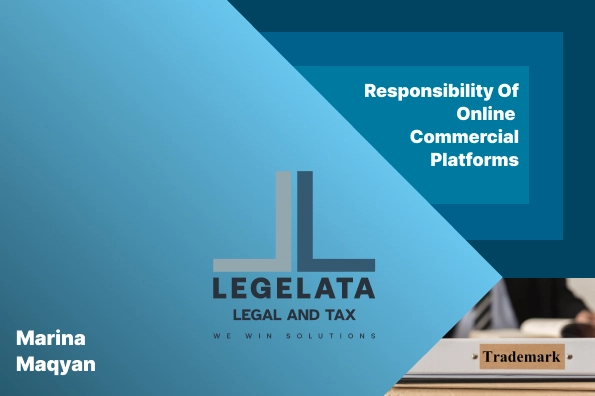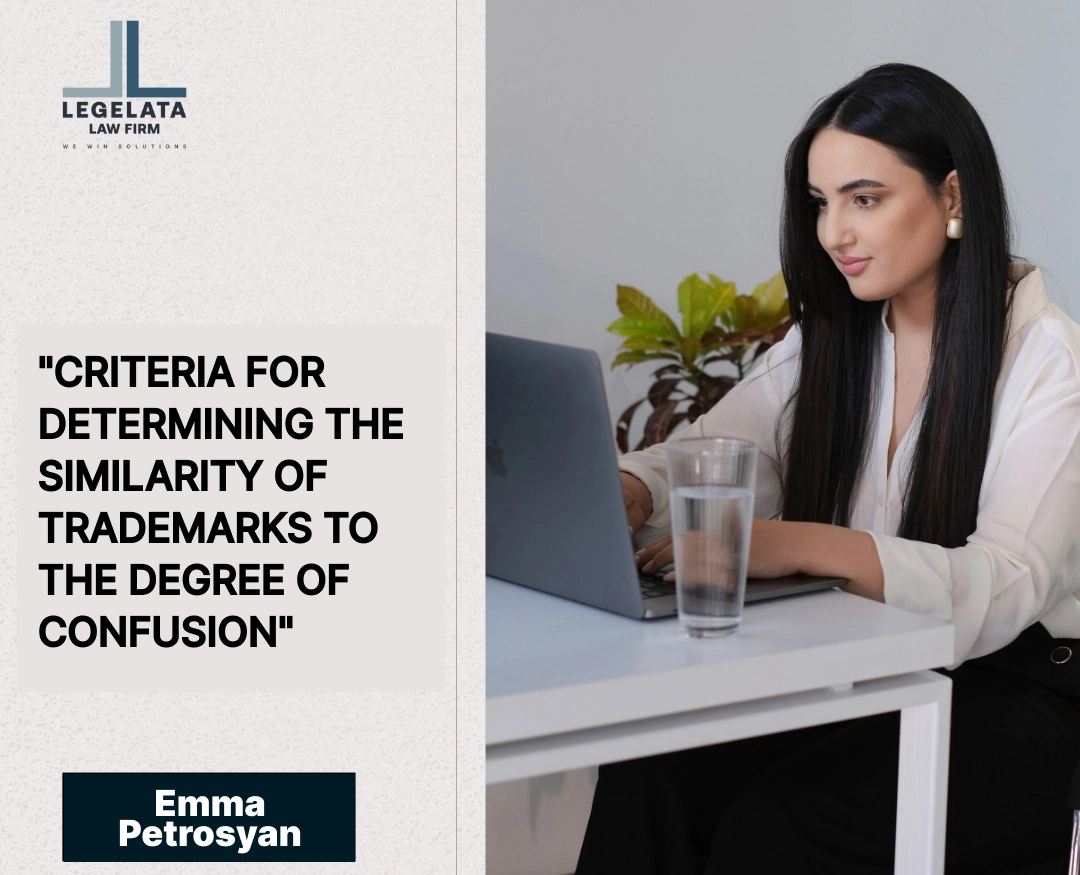In the contemporary business landscape, numerous arrangements exist between entities that produce goods and those that act as resellers, purchasing products for distribution to end users.
To maintain brand integrity, market stability, and effective product introduction, producers often set fixed or recommended resale prices. The Armenian legislators have recognized the potential risks associated with these pricing practices and have attempted to regulate them.
However, existing regulations are often insufficiently detailed or clear, leaving significant gaps in the legal framework necessary to govern these business practices effectively.
Let's explore the concepts of maximum resale prices and recommended resale prices within the context of vertical market relations to assess their compliance with competition regulations in Armenia.
Navigating Resale Pricing: Maximum Prices and Recommended Practices in Armenian Legislation
Maximum resale prices։
Under Armenian legislation, the Law on Protection of Economic Competition ("Law") provides a clear stance on maximum resale prices.
According to Point 1 of Part 4 of Article 5 of Law Vertical anti-competitive agreements may particularly pertain to setting a resale price for the given goods for the acquiring economic entity, except for setting the maximum resale price for goods.
Thus, Armenian law considers that in vertical business agreements, establishing a maximum resale price is not detrimental to fair competition and does not harm consumers.
Recommended resale prices (“RRP”):
The Armenian legislator does not provide specific regulations on recommended resale prices (RRP), leaving their impact on fair competition and consumer welfare unclear.
On one hand, RRPs can benefit smaller resellers who lack the buying power of larger competitors, promoting competition on non-price factors and preventing excessive pricing.
On the other hand, RRPs can be perceived as price fixing, market power abuse, or a barrier to market entry. Even if resellers are not obligated to follow these recommendations, they might comply to maintain favorable business relationships, which could be construed as dependency which results to unfair competition or an implicit price- fixing agreement.
Given these ambiguities, the regulation of RRPs in vertical market arrangements under Armenian competition regulations remains uncertain and complex.
Ensuring Compliance with Recommended Resale Price Arrangements: Steps that could help to stay in compliance
Regardless of whether recommended resale price arrangements are deemed detrimental to fair competition or harmful to consumers under Armenian competition legislation, there are specific instances where such arrangements would not be considered anti-competitive under the Law:
- The following shall not be deemed to be anti-competitive agreements: vertical or other agreements if the share in the relevant goods market of each of the parties to the agreement in question does not exceed 20 per cent;
- agreements concluded by entities included in a group of persons if one of the entities has directly or indirectly established control over the other entity, and where the entities are under the direct or indirect control of one person, except for the agreements concluded by entities that perform such types of activities the simultaneous performance whereof by several entities included in a group of persons is proscribed by Law;
- vertical or other agreements, which do not prescribe any restrictions with regard to economic entities necessary for fulfilling the objectives of these agreements and do not create a possibility for prevention, restriction, and/or blocking of competition in the relevant goods market and if the economic entities prove that such agreements contribute or may contribute to:
a. improvement of the production (sale) of goods or promotion of technical
(economic) progress or increase in the competitiveness of goods produced in the
member states of the Eurasian Economic Union in the global goods market;
b. receipt by consumers of the appropriate part of the advantages (benefits) gained
as a result of such actions undertaken by the relevant persons.
Furthermore, according to Part 1 of Article 58 of Law before performing the relevant action or concluding the transaction entities shall have the right to apply to the Competition Protection Commission requesting to provide an opinion on the issue whether it prevents, restricts, blocks the economic competition and/or harms the consumer interests, as well as on other issues relating to the protection of economic competition.
Based on the aforementioned points, it can be concluded that the Armenian legislator proposes a mechanism to ensure compliance with the Armenian competition legislation in case of vertical agreements on the resale pricing.
Another effective option could be to seek legal advice from Legelata on the compliance of the vertical business arrangements with the Armenian competition legislation.
Author:
Karen Chichoyan (Mr.)
Associate, Legelata Legal and Tax
DISCLAIMER:
This material is produced for Legelata LLC. The information contained in this piece is provided for general informational purposes only and does not contain a comprehensive analysis of each item described. Prior to undertaking (or not to undertaking) any actions, the reader is advised to seek professional advice tailored to their specific situation. Legelata or the author accepts and holds no liability for acts or omissions taken in reliance upon the contents of the contained information in this material.
LEGELATA LLC 18/06/2024












